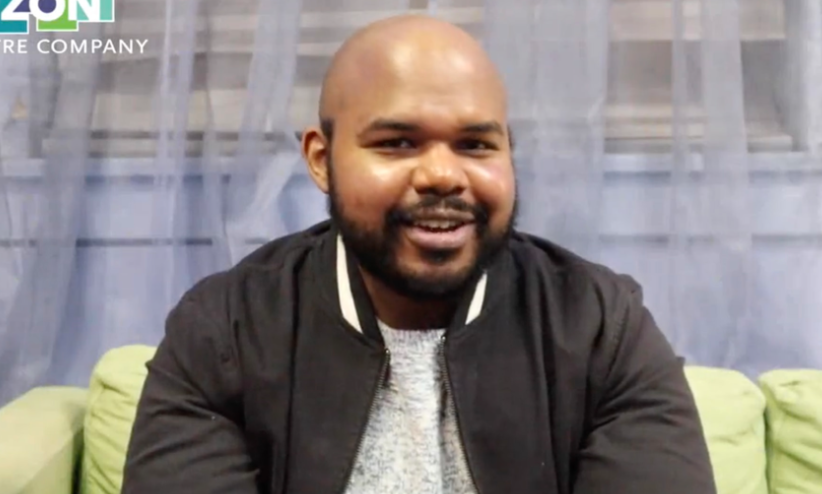O’Neil Delapenha is hustling. The writer, actor and director is currently performing in two shows while rehearsing for a third and producing a fourth.
Adding Google Calendar to the list of skills on his resume, Delapenha runs constantly between venues, carefully balancing each project he has taken on.
Following the pause in theatre caused by COVID-19, Delapenha is determined to make up for
lost time and not let any big project pass him by. The opening of his production of “Comedy
of Errors” at the Shakespeare Tavern Playhouse last month marked the first live mainstage show at the Tavern directed by a Black artist.
“It was fresh and new and creative,” Delapenha said. “You got to be willing to take the risk of doing something different and something new. … If you’re true to who you are as an artist, and you have a clear concept, go for it.”
When “Comedy of Errors,” closed, “Romeo and Juliet” closely followed, featuring Delapenha as Lord Capulet. Simultaneously, he is one of three rotating actors starring in Horizon Theatre Company’s “Every Brilliant Thing.”
At the same time, Delapenha is rehearsing for the role of Dogberry in the Tavern’s “Much Ado About Nothing,” opening March 12. He is also producing the Tavern’s “MacBeth: 60,” a shortened production of the original Shakespeare play touring for middle and high school audiences beginning March 28.
A major change the theatre community implemented when live venues filled again following March 2020 is the recognition and inclusion of Black, Indigenous and People of Color (BIPOC) in every aspect of the field — acting, writing, directing and everything in between.
“I was skeptical. Honestly, I’m still skeptical. I’m worried that it’s a trend right now,” Delapenha said.
“In the microcosm of Atlanta theater, I hope that as we move more towards the positive light, we don’t backtrack into the subpar standards that were plaguing us before the effects of George Floyd and the racial reckoning that occurred here. I just hope people hold on to what it is that we’re trying to do and continue that work forward and don’t backpedal.”
While he has actively seen more open doors for himself and for his colleagues of color, Delapenha emphasizes that change should not stop there.
“The strides that are being made are great, but they can always go further and I hope it does,” he said. “As we go on, strive to build a more cohesive community and represent all cultures and stories.”
While there is a spotlight on the Black community in Atlanta right now, Delapenha wants to see that spotlight extended to Latine and Indigenous artists. He would also like to see an increase in shows outside of the English language.
For theatre artists, this means not only casting these artists, but including them in the conversation.
In addition to presenting roles to BIPOC artists in both cast and creative departments, Delapenha encourages troupes and companies to truly listen to BIPOC voices.
However, those working directly in the industry are not the only individuals who should be working to foster equity and diversity.
“For the average theater goer, support the work that is new and challenging and doing the things you want to see,” he said.
“[Theatre executives] look at their budget sheet, and that’s what they base their decisions off of. Put your money where your mouth is, and keep supporting the art that you want to see.”
Theatergoers can reinforce this effort by buying tickets to “Every Brilliant Thing,” playing through Feb. 27 and “Romeo and Juliet,” playing through March 6.
The community is a major influence on what is next for local theatre, and support for Delapenha’s work will allow him and other BIPOC artists to continue to bring their talents and voices to stages around Atlanta.
